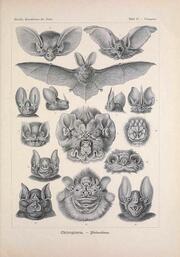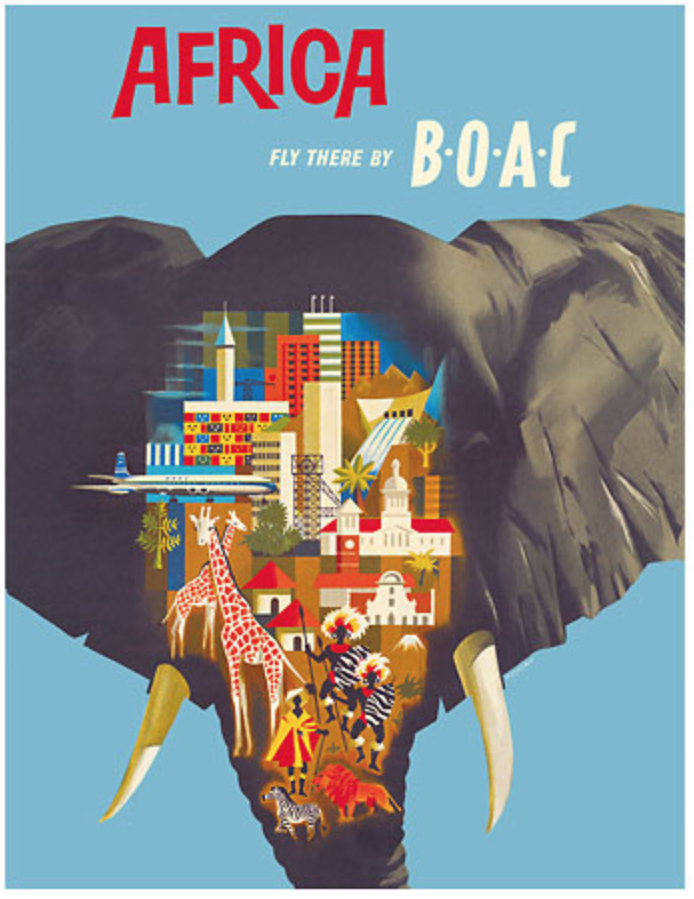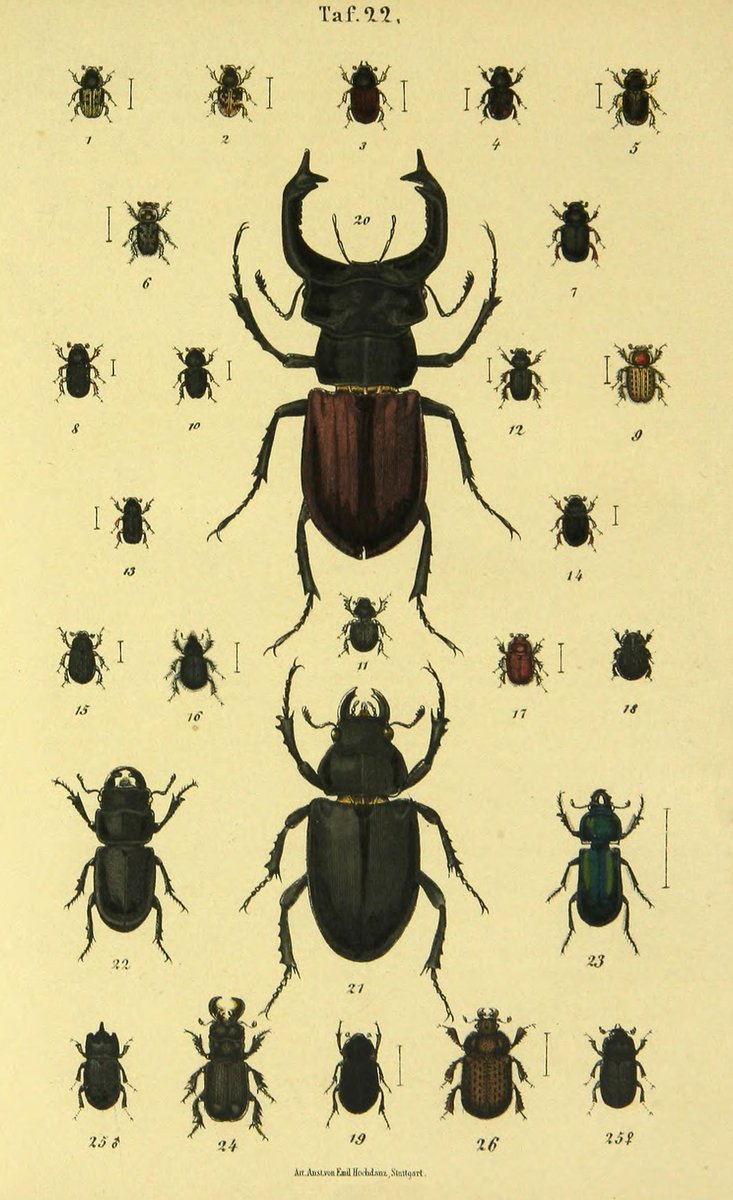|
Pitch a tent on prime river real estate at the only campsite inside Chobe National Park for an unfenced and wild evening in this incredible wilderness.. The riverfront views at Ihaha Rest Camp are arguably the best in the country - and having been to a few, I don't say this lightly. This light painting should prove my point. Driving into the park from the Savuti side, near Ngoma Bridge, the rugged road gives way to sandy tracks on the edge of the Chobe River overlooking the Zambezi Region in Nambia. You can spot cattle on the far banks and ellies just in front of the car, while mokoros are polled lazily on the river fringes of Namibia's shoreline. It's quite something to see how differently the wilderness contrasts in these two countries on the Chobe Riverfront. The second thing we noticed on our way in, was the enormous amount of buffalo. It felt like over a thousand beasts had surrounded the 4x4 and were grazing in the floodplains. Elephant were also in there in their usual abundance, some straying within metres of the camp. Wildlife are simply drawn to this constant water supply. In this magical part of Botswana, there's little to do but take it easy and drive along the Chobe River taking in the sights. The best time of year to go for game is in winter (from May to October) when the water is low enough to drive beside the river, but a 4x4 is essential for the sandy roads in Botswana's first national park. Ihaha Rest Camp is in the heart of the most-visited part of the Chobe National Park called the Serondela or Riverfront section and is known for its incredible sightings of Puku herds, high elephant numbers and fishing Black Herons like this guy above. The sunsets are pretty good too. Once you've had your fill of wildlife (high improbable, but darkness tends to interfere) settle into your camp and light the braai. Each stand has a private river view and is quiet. Stand one on the edge is secluded and great for a view down the length of the river, but site 10 is the prime spot for sundowners - this is where we stayed - and I'd avoid number two as baboon troops favour this branches of this big shady tree. Stands eight and nine were the smallest and bushes blocked the view a bit. You have to be fully self-sufficient in this wild camp and the only thing provided is a clean ablution block, so be sure to bring firewood and other necessities in with you. Ihaha is about unfenced excitement. Just after sunset we had a snuffling honey badger in camp and predators are also known to sweep through - if you're lucky. Morning comes too quickly, but with it incredible dawn views. Another beautiful day in Africa. Also read: The best way to see wildlife in the Chobe National Park. Park fees cost about R150 per person and about R60 per vehicle per day apply and camping costs about BWP 175 per person per night. It’s easiest to book through Umkulu Safari and Canoe Trails as you can pay via EFT in ZAR. Botswana Defense Force are also posted on patrol along the riverfront as sadly some robberies have occurred with people crossing over from Namibia, but we had no problems on our trip.
5 Comments
31/3/2016 09:43:29 am
Lovely photos, Melanie. Glad to hear the ablutions were clean - I heard some grumbling about that after our visit, when they seemed fine to me. Good to know also that the baboon problem is mostly just at campsite no. 2.
Reply
Melanie
7/4/2016 07:56:10 am
Thanks for taking the time to comment Roxanne!
Reply
TREVOR WILLIAMS
27/4/2016 10:46:40 am
lovely photos and ideas Melanie. Thanks
Reply
Melanie
30/4/2016 09:31:04 pm
Hi Trevor
Reply
Tanya Graham
23/9/2017 07:12:58 am
I am worried about the safety in your tent at night. Do lions and other large predators come into the camp site?
Reply
Leave a Reply. |
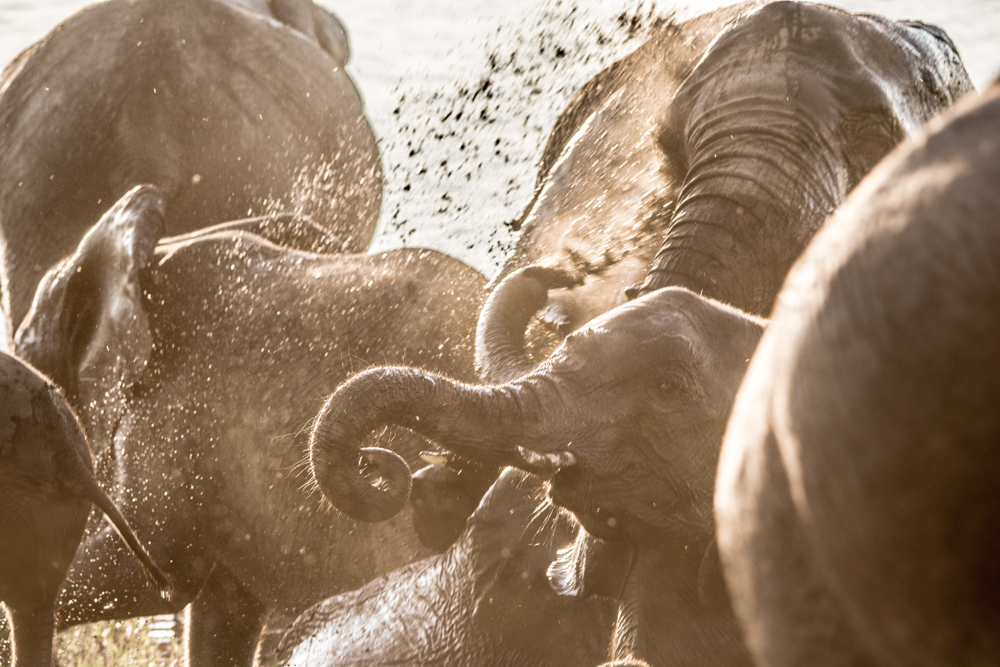
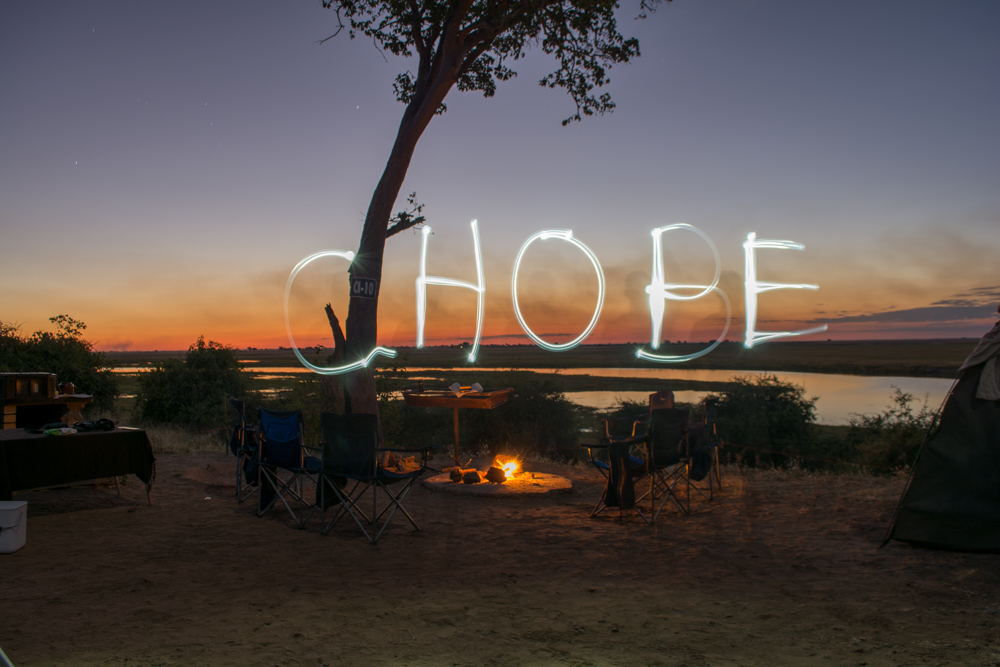
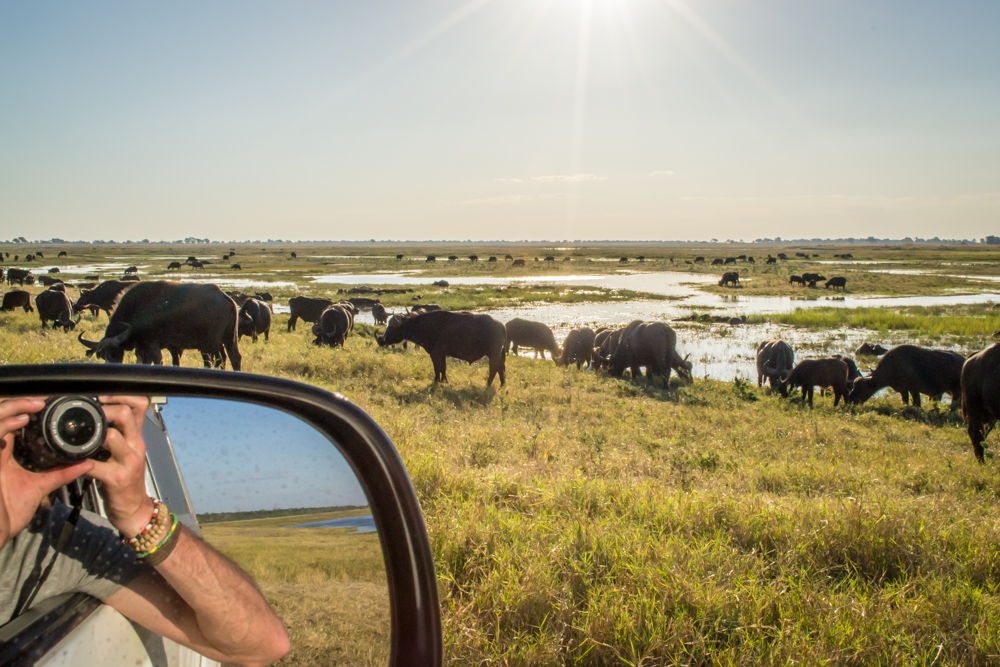
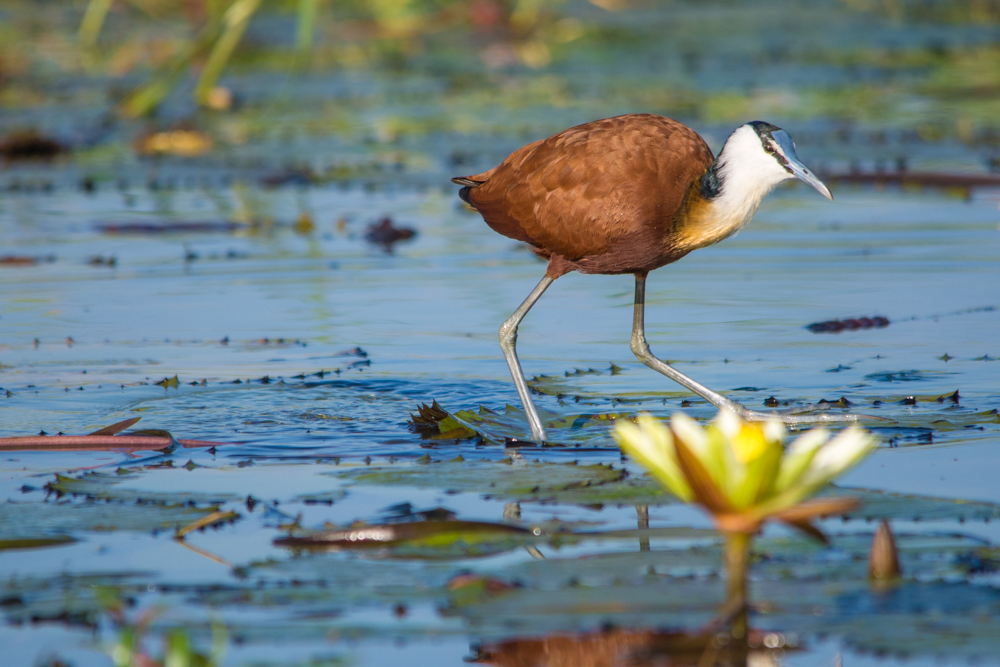
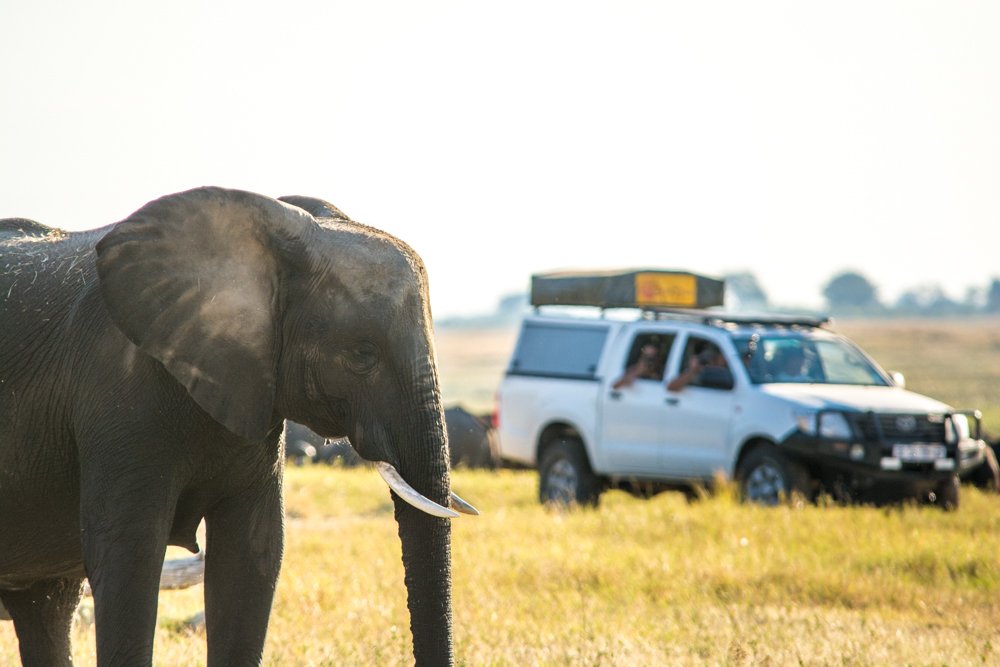
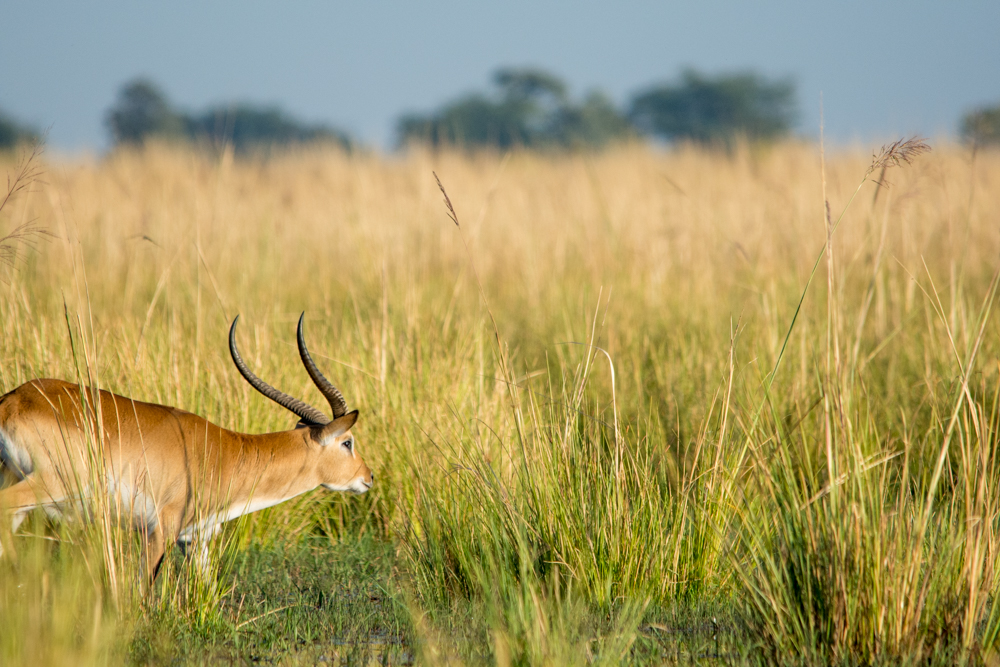
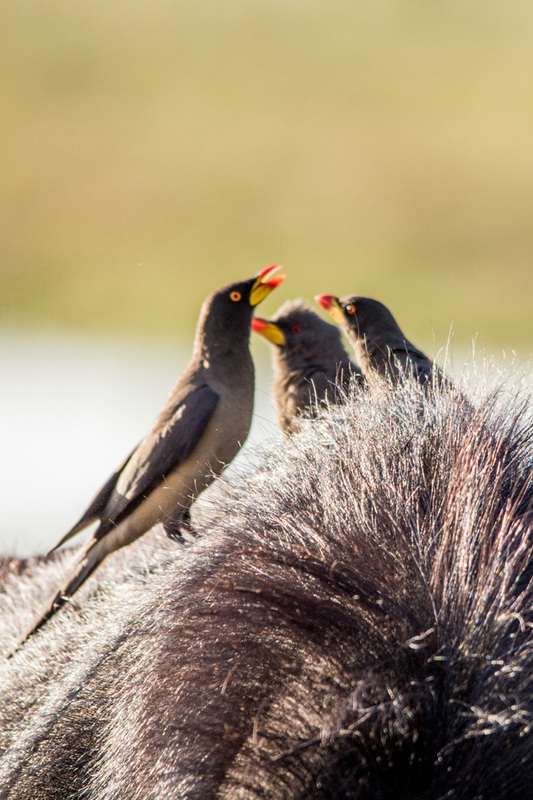
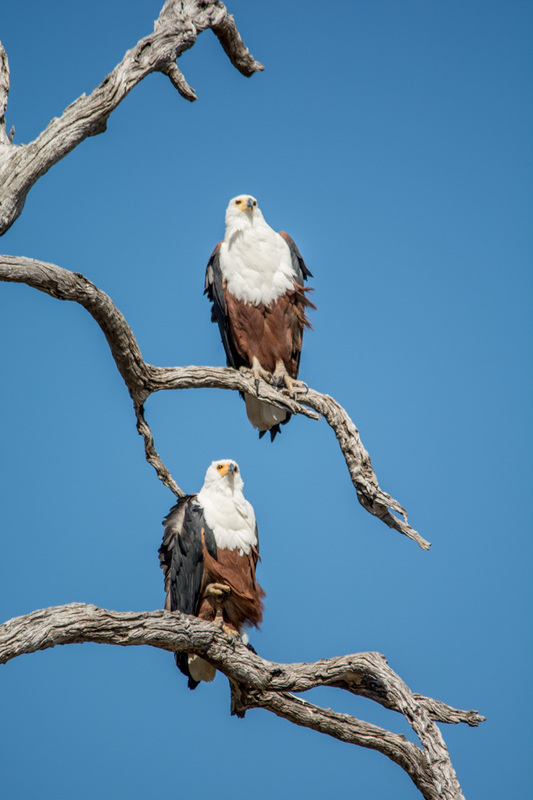
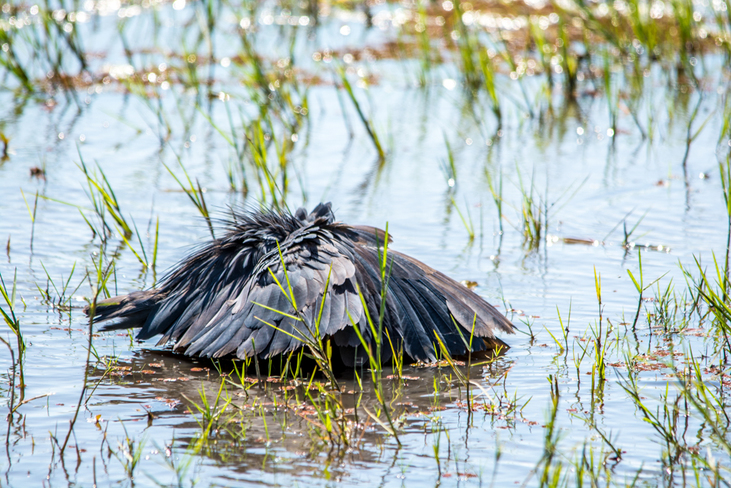
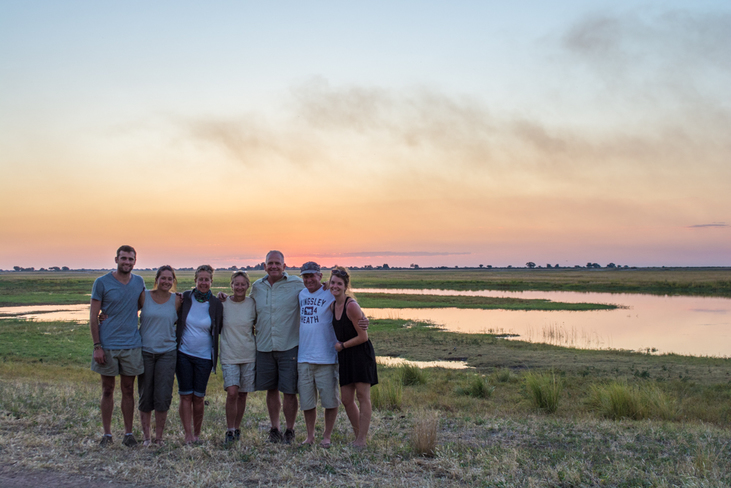
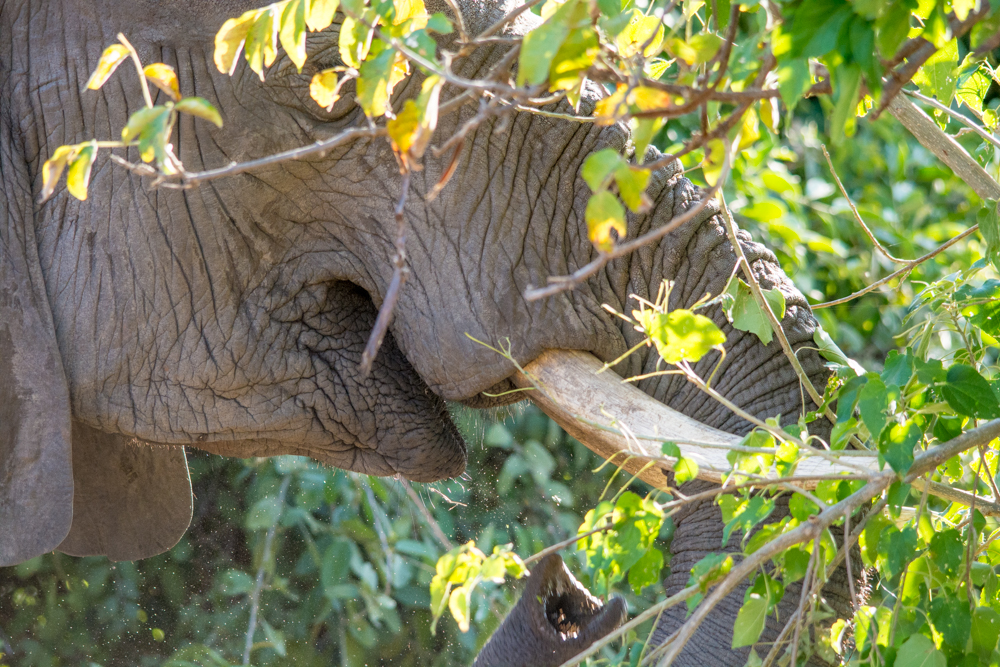
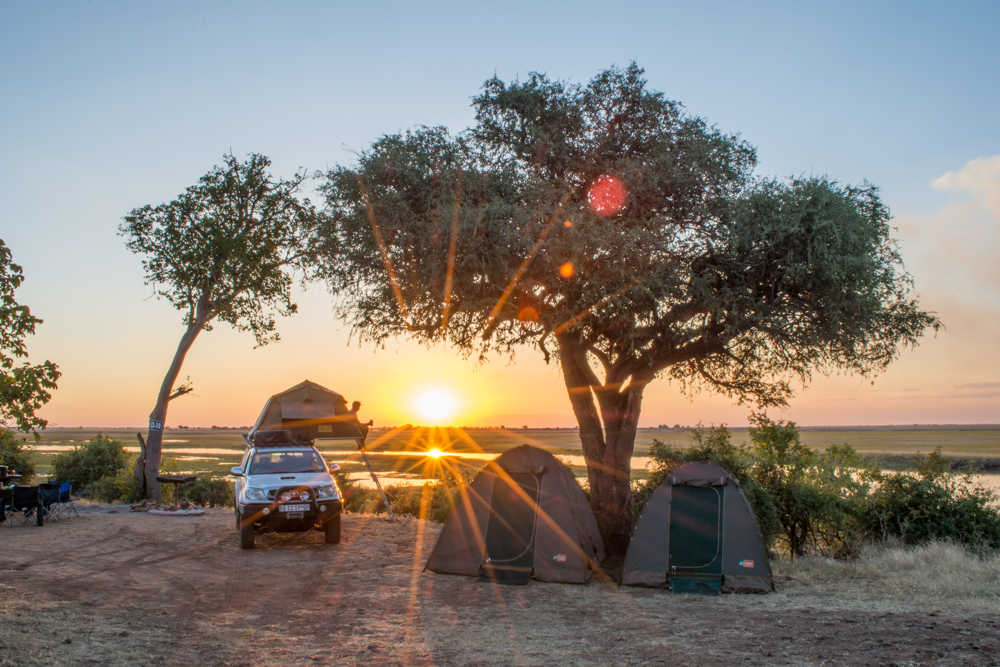
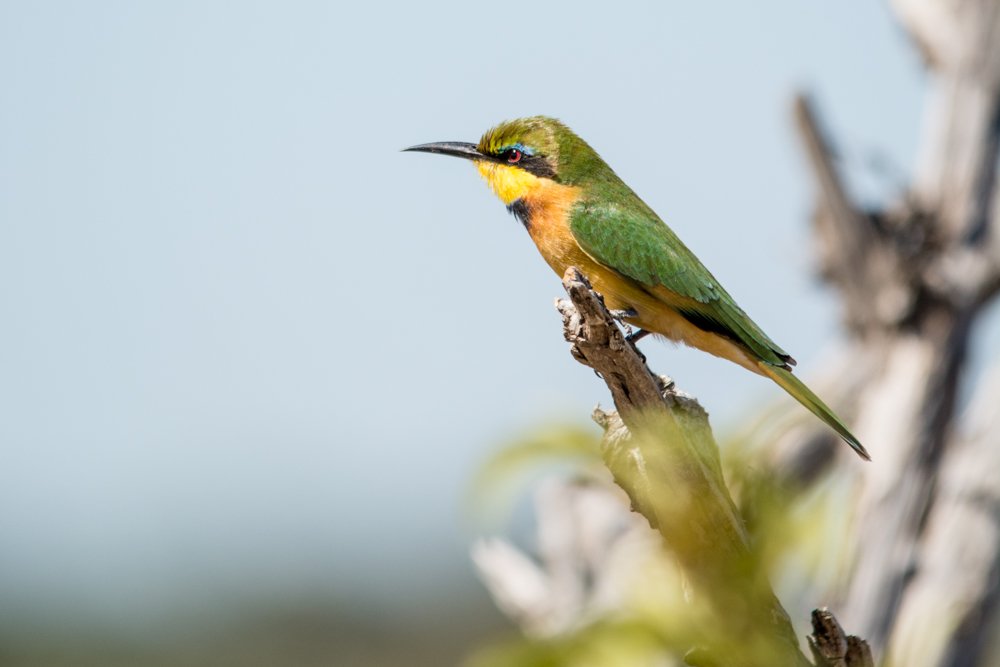
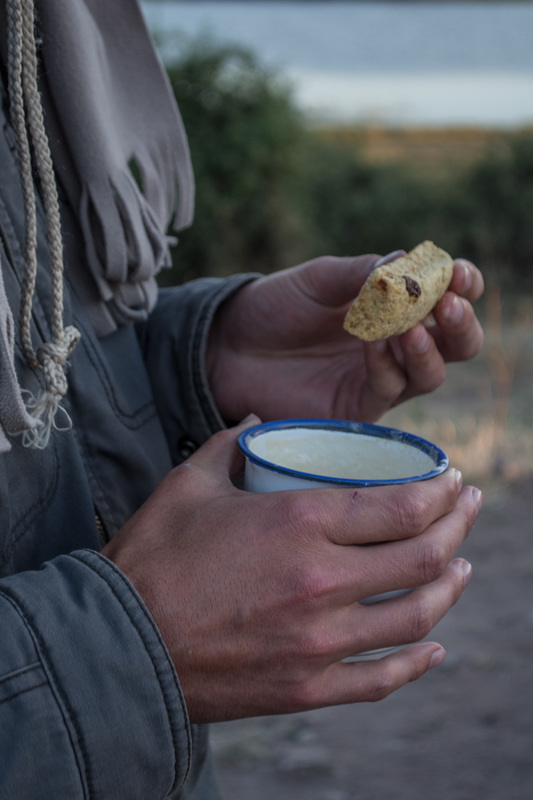
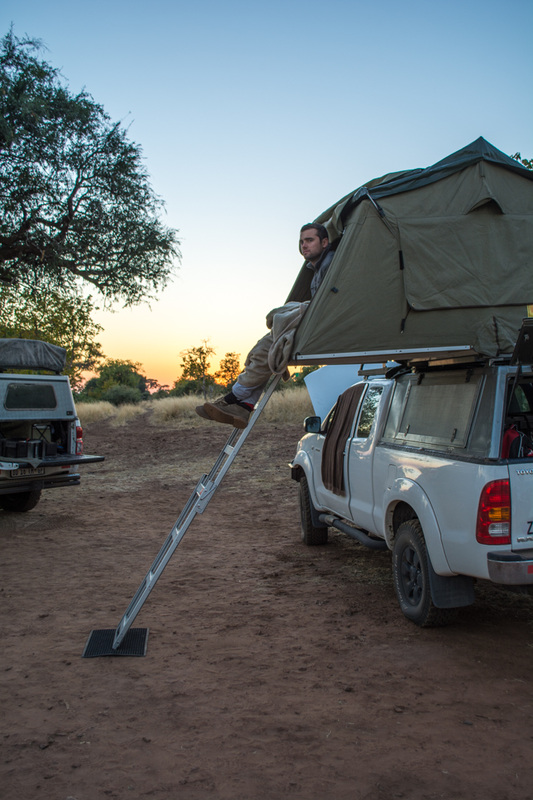
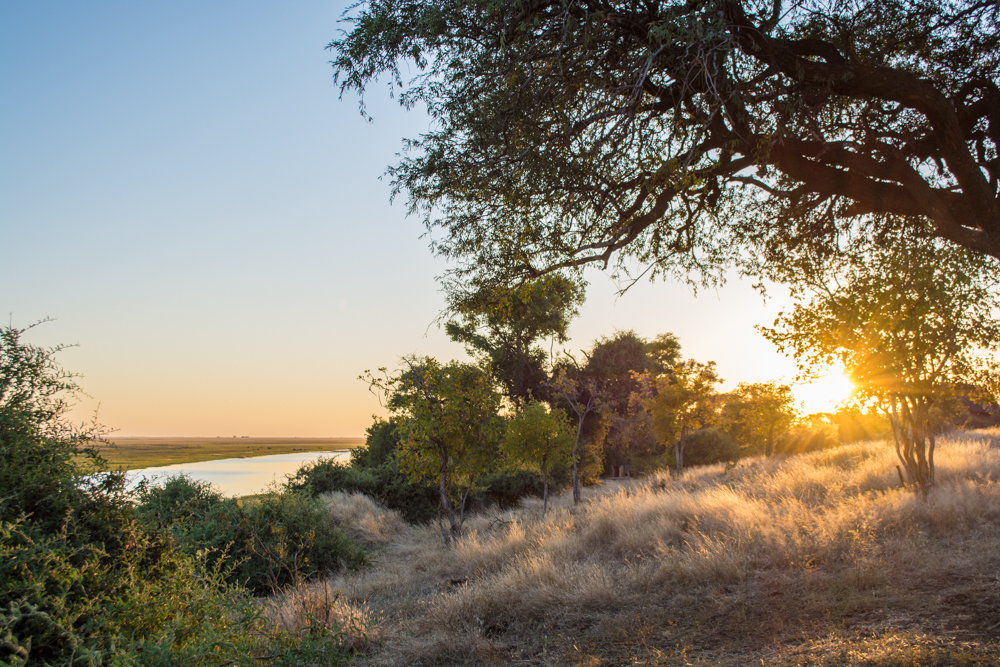
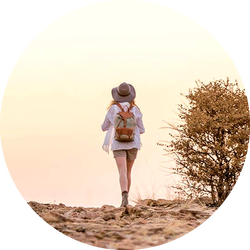
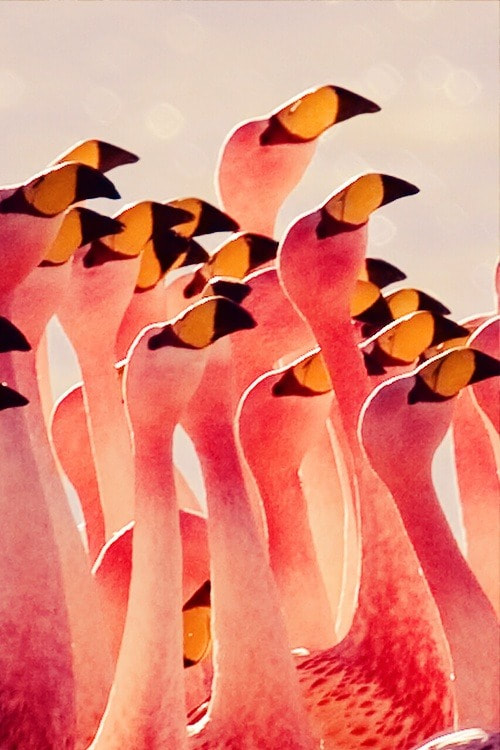
 RSS Feed
RSS Feed
